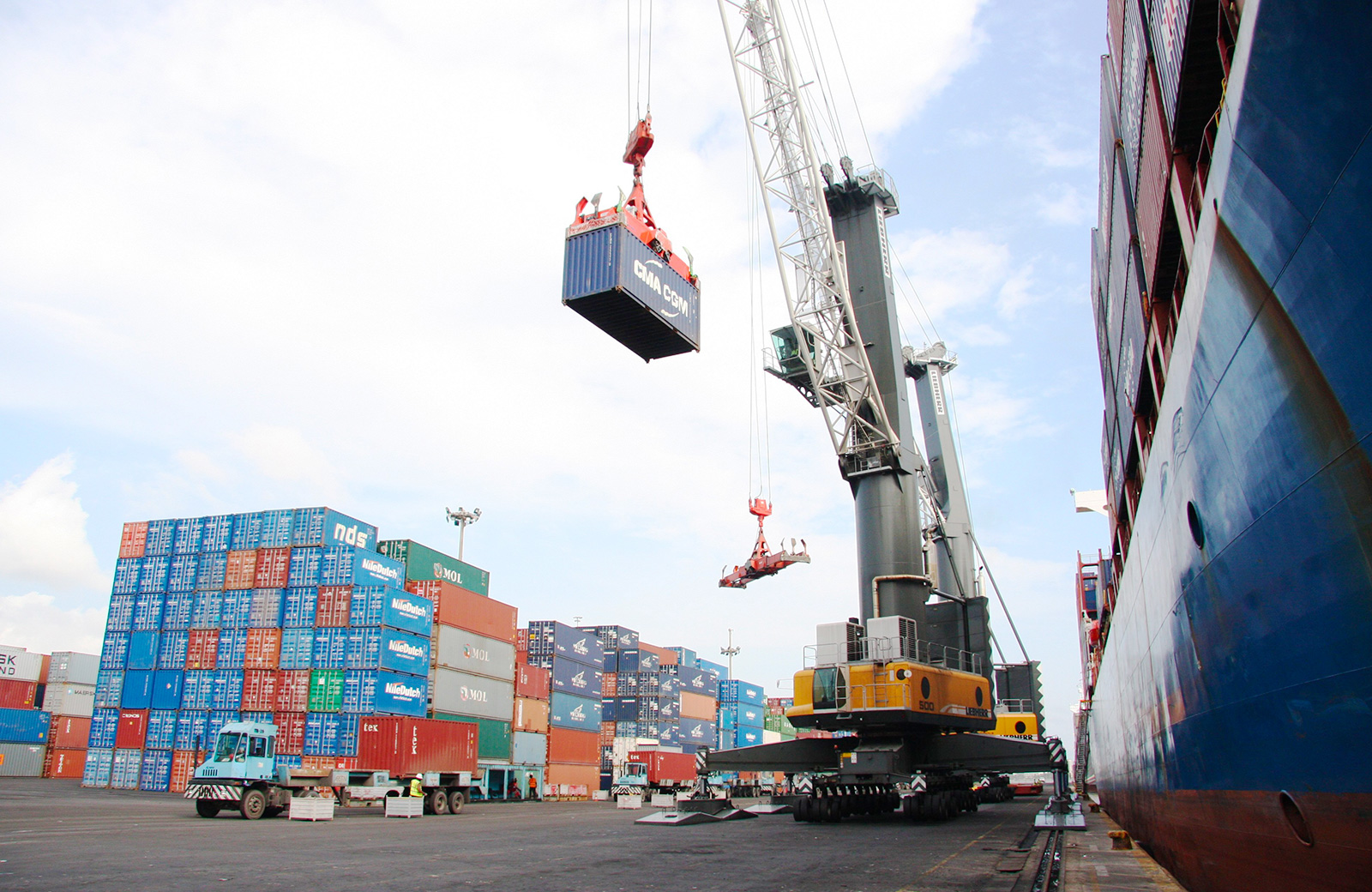A Nigerian importer based in the United States of America is currently in a bad mood over a consignment that have remained at the Tin Island Port for over a month, breeding demurrage costs despite paying all tariffs to the Nigeria Customs Service at the port.
Babatunde Bashorun, during an inquiry to Business a.m. maritime desk said he shipped a container loaded with two cars from New York to Nigeria destined to the Tin Can Island Port in Lagos and the container arrived the port on April 6, but up till May 8, the container was yet to be released by the Customs after his clearing agents had paid all duties.
Bashorun said the delay by the Customs in releasing his cargo had led to incurring demurrage of over N500,000 which his agent had also paid.
He blamed the Nigeria Customs Service for the delay, saying the Customs cited problems relating to the COVID-19 pandemic and that one of the cars had issues with date of manufacture, an error the importer claimed was committed by same Customs.
The importer also lamented paying over N500,000 despite a directive by the Nigerian Ports Authority (NPA) seeking to stop port operators from collecting demurrage charges from importers during the period of lockdown in Lagos occasioned by the COVID-19 pandemic.
He said, “I shipped a container to Nigeria and it arrived at Tincan Sea Port on April 6th, 2020. On the same day, my agent commenced duties payment amidst the slow pace at which NPA was conducting its business due to COVID-19. Roughly 30 days of the container’s arrival at the port, the Customs has not conducted container inspection.
“I am aware of the directive from the Federal Government asking terminal operators and shipping companies to waive storage fees on consignments for a period of 35 day, beginning from March 23rd, (the initial 21 days followed additional 14 days). Yet, I have paid well over $500,000.00 in demurrage.
As at this afternoon, May 8th, 2020, the container that arrived the Tin Can Island on April 6th is yet to be released.
However, the Customs command, Tin Can Port responded to the importer’s complaints saying the importer might be having issues with the port terminal and not the Customs as it was the responsibility of the importer to book his cargo for the Customs to examine it after he had cleared with the destination port terminal.
“Usually, when goods arrive,it is the duty of the importer or his agent to book for examination of the container with the terminal operators. Once it has been booked for examination, the terminal will drop it and it now behooves the importer or his agent to notify all other agencies, including the Customs for examination.
“I believe probably he may be having some challenge at the terminal because we have a responsibility to examine any container that is billed for examination,provided duty has been paid,” said Uche Ejesieme, spokesman of command.
Ejesieme said issues around date of manufacture of any of the cars would not hinder inspection of the cargo as the importer would only be required to go for amendment at the shipping company.
“Issues of date of manufacture will not hinder examination, as the chief examiner will normally indicate in the examination report. For cases of this nature, the importer would be required to go for an amendment at the shipping company, because sometimes, we discover that the so called mistaken identity, may be deliberate, in order to circumvent a process,” he said.



